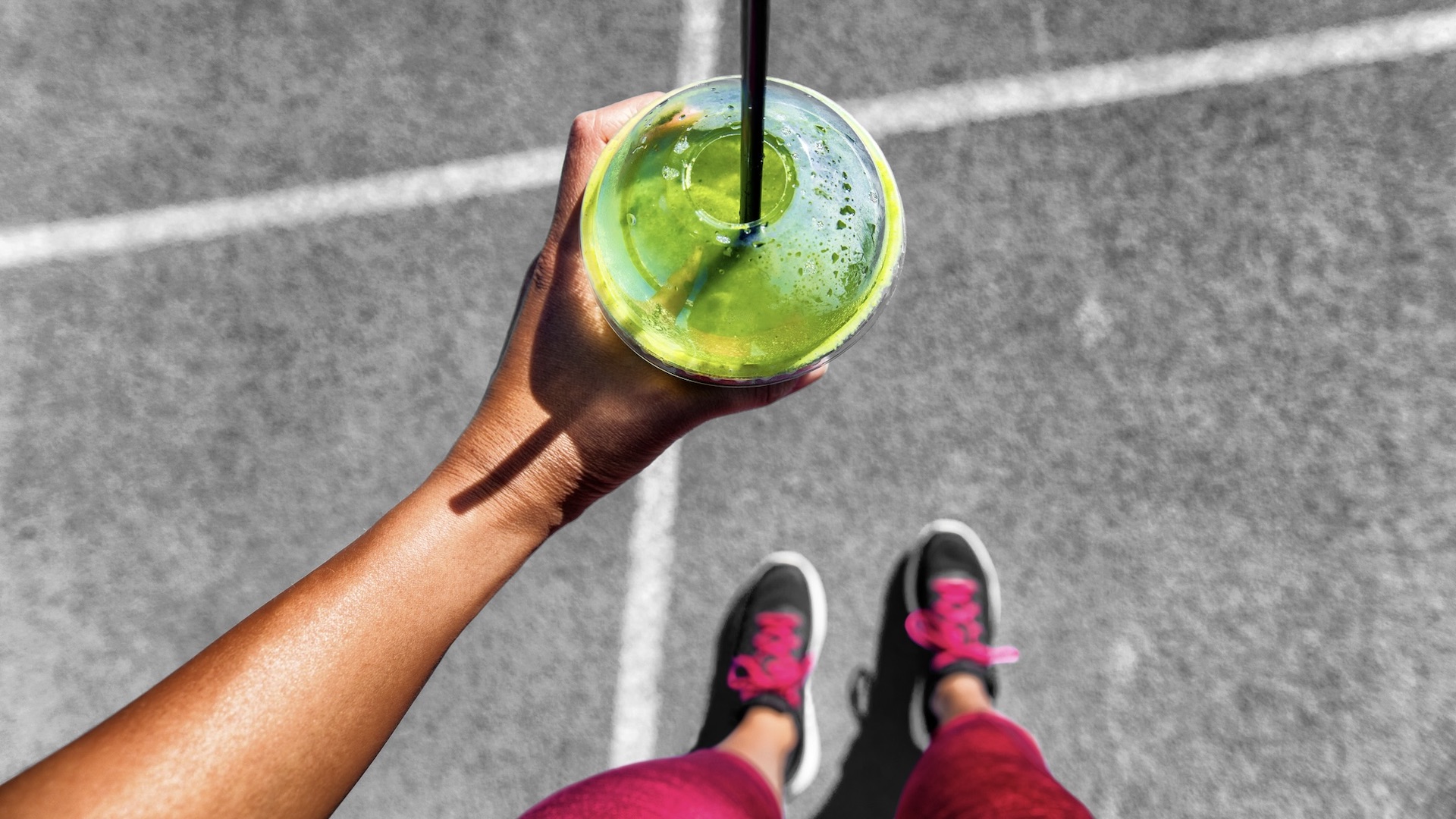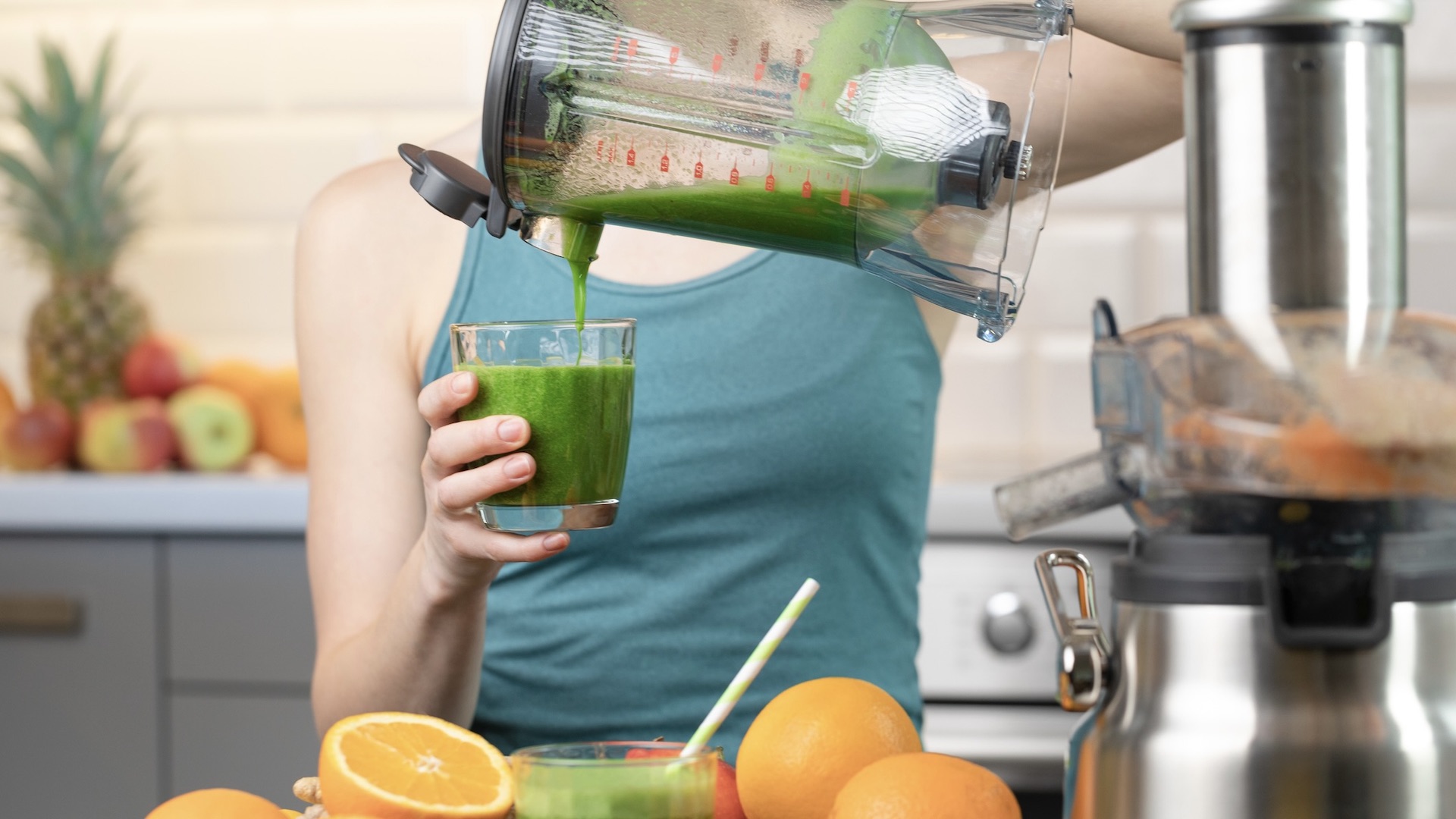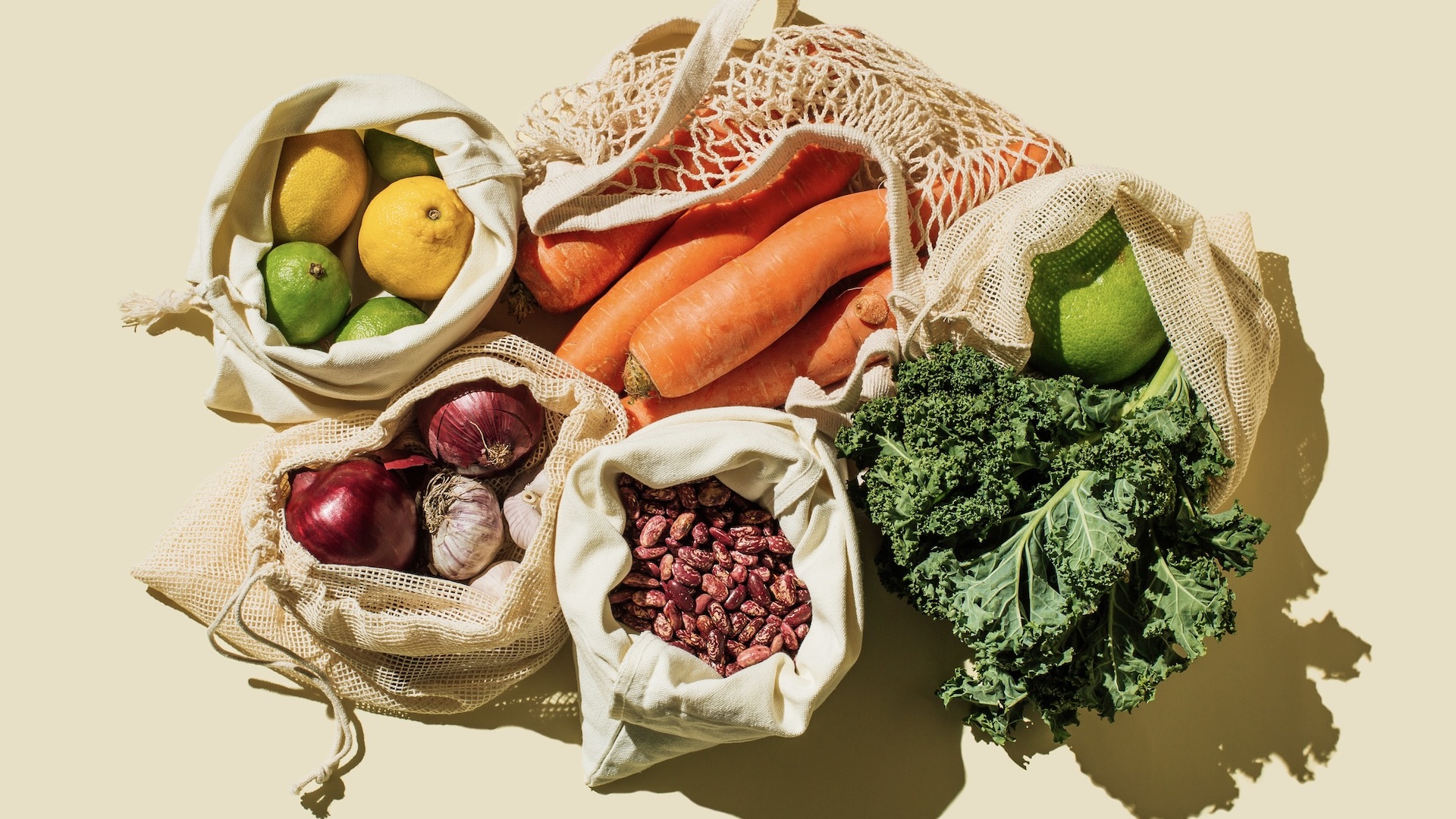Are vegan diets good for running? We look at the science
Plant-based diets are increasingly popular but is veganism good for running?

All the latest inspiration, tips and guides to help you plan your next Advnture!
You are now subscribed
Your newsletter sign-up was successful
The number of vegans is increasing and there is plenty of evidence to show this, including data from Google Trends and a study that showed that between 2014 and 2019, the number of UK vegans quadrupled. In addition, it's reported that 63 per cent of Britain’s vegans have adopted the lifestyle in the past five years.
In the US, consumer statistics show that around two per cent of people are vegan but many more are reducing their meat intake.
Although still limited, there is some data to show the number of runners who are vegan. It was noted in a study in 2022 that over the last decade there has been both a rise in the popularity of distance running alongside “expanding percentages of endurance athletes following vegan/vegetarian diets”. Indeed, it was noted that the percentages of the vegan and vegetarian diet among endurance runners was greater than the numbers in the general population.
Another piece of research in 2022 found an expanding prevalence of plant-based diets, notably among endurance runners and a study, albeit some eight years ago, also revealed around 10 per cent prevalence of vegan or vegetarian diets among marathon runners.
Some the most successful runners currently include those that are vegan, such as Damian Hall, who won the Montane Spine Race in 2023 and was second this year. Damian has also co-founded The Green Runners and one of the pillars of this community is “How You Eat”, which encourages people to reduce the consumption of meat because “meat production has a greater impact on the environment than the equivalent calories from a plant-based diet”.
Other vegan runners include American athlete Scott Jurek, marathon runner Fiona Oakes, who won the 2013 North Pole Marathon, and ultra endurance athlete Rich Roll.
Across a range of sports there are increasing numbers of high-achieving vegan athletes, including champion tennis players Venus Williams and Novak Djokovic, footballer Christopher Smalling, surfer Tia Blanco, FIFA Women’s World Cup champion and Olympic gold medalist Alex Morgan, plus Patrik Baboumia, winner of the strongest man in Germany.
All the latest inspiration, tips and guides to help you plan your next Advnture!

A vegan diet and running
It used to be suggested by observers that vegan diets do not provide enough nutrients, especially protein, to build and maintain the necessary amount of muscles to be a strong athlete. However, while vegans do need to pay greater attention to a balanced diet, this dated theory is easily disproved in the modern world.
In fact, a good vegan diet can include high levels of protein. Vegan sources of protein include beans, tofu, nuts, seeds, tempeh, chickpeas, broccoli, quinoa, lentils, tahini and mushrooms, to name a few.
Runners also require a diet rich in carbohydrates. Carbs are critical for energy, speed, stamina, concentration, recovery and better fluid balance. Fortunately, the main sources of carbs are plant foods, such as cereal grains, vegetables and fruit.
In fact, a study in 2022 found that vegan runners ate more carbohydrates, such as beans, seeds, fruit and vegetables, than omnivores.
Another study of endurance runners reveals that being vegan might reap benefits in relation to healthier food choices. The analysis looked at differences in the dietary intake between vegan, vegetarian and omnivorous (meat eating) runners.
It was found that vegan runners had a lower consumption of refined grains and oils along with a higher consumption of beans and seeds, fruit and vegetables and dairy alternatives, compared to vegetarians and omnivores. It was concluded in these findings that vegans have a higher tendency toward consumption of healthier foods, for example, high-fibre foods.
A further study that compared vegetarians, vegans and omnivores concluded the same, that vegans made “healthier” food choices. This analysis also discovered that the vegetarians and vegans in the research weighed significantly less on average than omnivores, which was also considered to be healthier.
Potential negatives for vegan runners
One potential issue to consider if you are a vegan runner is volume, both in terms of diet and training. Plant-based and vegan diets are often high fibre and some people might find it difficult to consume enough energy rich foods for the required performance levels for training.
Higher protein consumption can also be a challenge to meet in a vegan diet, which means some runners take protein supplements, such as pea or soya protein powders.
Previous reviews have indicated that vegetarians and vegans may risk
In addition, vegans may lack some micronutrients, such as vitamin B12, vitamin D, iron, zinc and calcium because these micronutrients can mostly be found in animal foods or have a lower bioavailability in plant foods. For this reasons, vegans will often take vitamin supplements.

Are vegans better at running?
Although fairly limited, there has been a growing number of academic studies to assess whether a vegan diet is better for runners and athletes generally. The results reveal somewhat opposing conclusions and most studies call for further research on the topic.
One important finding from a study in 2016 is that vegetarians and vegans have lower body weight on average, which results in lower Body Mass Index (BMI) – and BMI is known to be a key factor for running performance. A lower BMI can positively affect running performance, although it is important to note that having a BMI that is too low can also negatively affect athleticism.
Another piece of research in 2021 looked at the impact of vegan and vegetarian diets on physical performance. The results found some potential advantages of the vegan and vegetarian diet for endurance performance. However, it was also noted that a vegan and vegetarian diet may have potentially disadvantageous properties for strength performance. Thus, it was concluded that more research needed to be done.
A systematic review and meta-analysis in 2023 found that plant-based diets have a moderate but positive effect on aerobic performance and do not adversely affect strength and power performance.
Then again, another study published in the Nutrients Journal showed that the performance of recreational athletes in half-marathon and marathon races was not significantly affected by their diet, either omnivorous, vegetarian, or vegan.
The general consensus appears to be that choosing a vegan – or vegetarian – diet should not adversely affect running performances so long as runners maintain a healthy and balanced food intake.
- The best trail running shoes: tested for grip, stability and protection

Fiona Russell is a widely published adventure journalist and blogger, better known as Fiona Outdoors. She is based in Scotland and is an all-round outdoors enthusiast with favorite activities including trail running, mountain walking, mountain biking, road cycling, triathlon and skiing (both downhill and backcountry). Aside from her own adventures, Fiona's biggest aim is to inspire others to enjoy getting outside and exploring, especially through her writing. She is also rarely seen without a running skort! Find out more at Fiona Outdoors.
